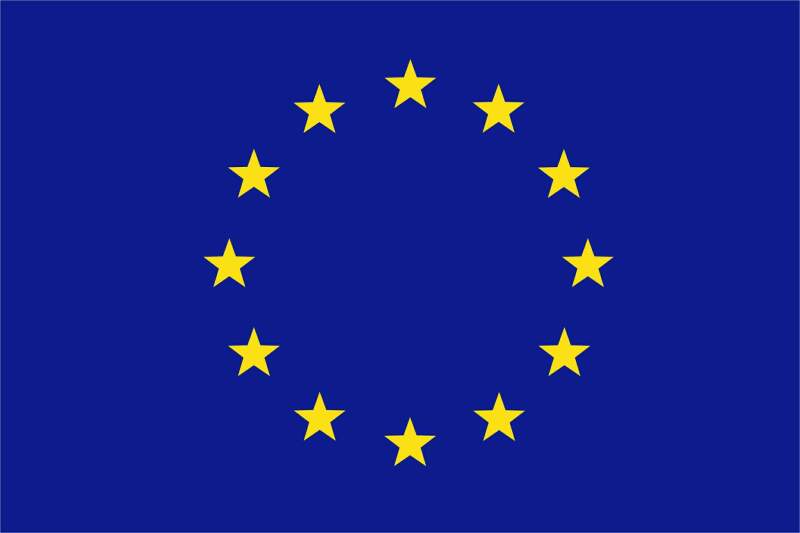
The so-called trilogue of the European Council, Commission and Parliament yesterday struck a deal on reforms to trade mark protection in Europe. As we reported yesterday, the substance of the reforms is probably less than many trade mark users hoped, and the latter stages of the negotiations were characterised by debates about money. There is also a lot of detail that still needs to be fleshed out.
Having said that, initial reaction to the agreement among trade mark groups has been cautiously positive. INTA President J Scott Evans (right) blogged that the Association “welcomes a number of aspects of the agreement” including the reduction in renewal fees, the provisions on goods in transit and the implementation of the IP Translator decision on classification of goods and services. But he added that there were elements of the deal that INTA would be monitoring.
Tove Graulund of Graulund Consulting, who chairs the MARQUES trade mark reform task force, added that elements of the agreement showed that users’ concerns had been listened to, in particular the plans to ensure all EU IP offices have administrative proceedings for trade mark cancellation and the financial incentive to apply for a CTM in just one class, rather than three.
However, EU member states have also got much of what they wanted from the negotiations. Notably, once the reform is implemented, at least €5 of every €100 received in fees by OHIM (which will be renamed the EU IP Office) will be “offset” to national offices to promote trade mark harmonisation. If OHIM continues to run at a significant surplus, this could increase to €10 in every €100. A further €15 in every €100 is earmarked for cooperation projects. That adds up to some nice extra revenue for national IP offices.

Does that mean everyone is happy? The answer is that there is probably enough in the deal, based on what we have been told about it so far, to ensure the remaining formalities will be passed and it will lead to changes to trade mark practice in Europe.
That will end a process that began more than five years ago, with the Max Planck study (see our topic page for all the ups and downs of the process). But it will mark the beginning of another phase, which will be characterised by adaptation and observation.
Those who will have to adapt are trade mark practitioners and IP offices in Europe, though some countries will see bigger changes than others. And in truth for many trade mark owners and applicants the changes will be relatively minor and will have little impact on their day-to-day practice.
Meanwhile, trade mark users groups will be monitoring closely what happens to the money. The principle of diverting money away from OHIM was widely opposed, but that battle is now lost. Instead, users (some of whom are observers on OHIM’s Board) will want to see evidence that the money is staying in the IP system and being used to improve services for trade mark owners. IP offices in member states are on notice.









